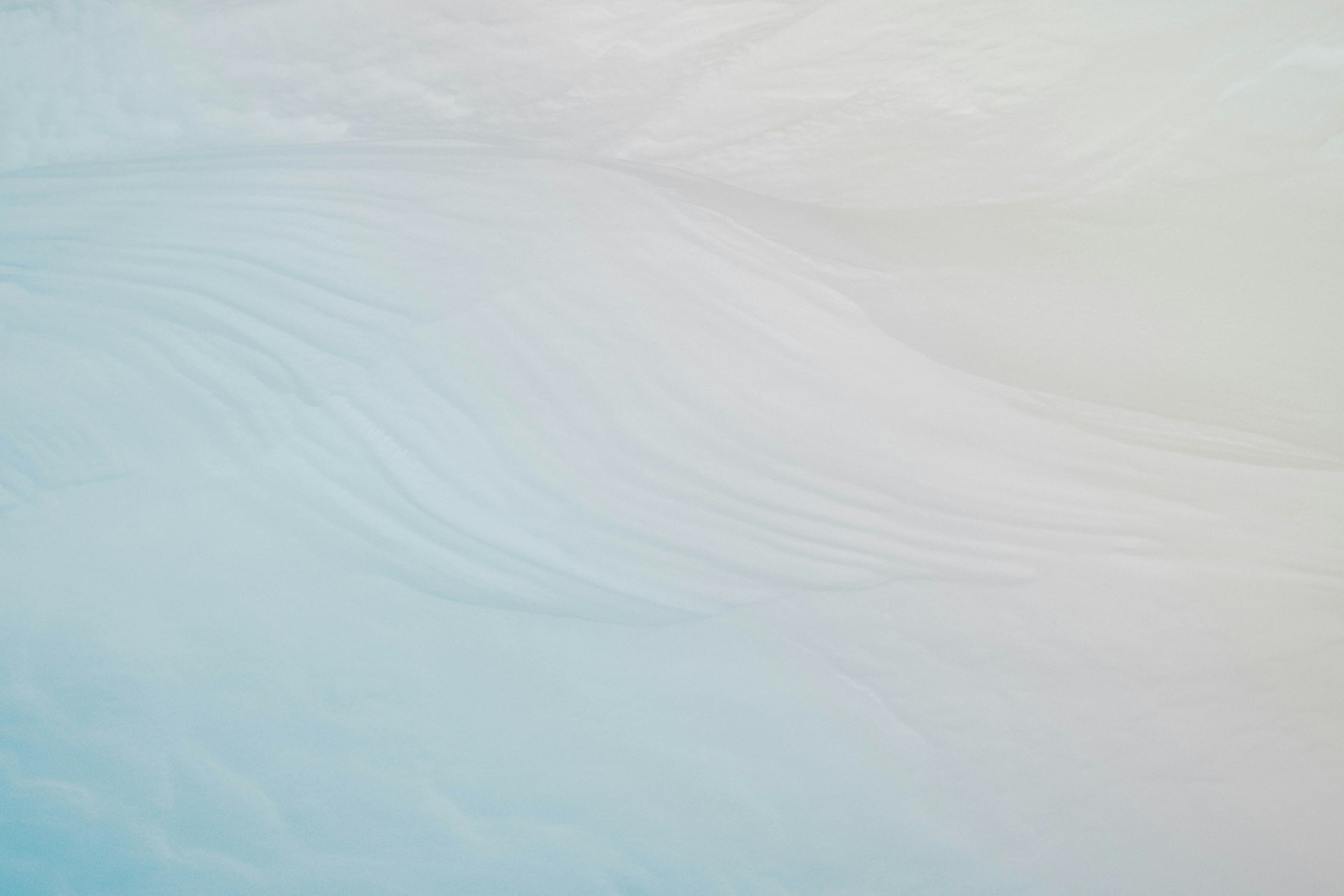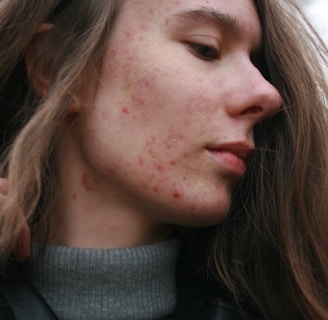
How to Prevent Acne? Methods to Reduce Acne
Acne scars are skin damages caused by acne formations. Acne occurs when skin pores become clogged, leading to inflamed lesions. During acne formation, the sebaceous glands under the skin may produce excess oil, causing pores to clog. This blockage leads to bacterial growth and inflammation. As a result, acne becomes red, swollen, and may eventually burst. Acne scars occur due to skin damage during acne treatment or when acne is improperly handled. These scars can appear as discoloration, pits, bumps, or textural changes on the skin. ______________________________________________________________________________________________________________________________ Treatment Methods for Acne Scars 1. Microdermabrasion: o A procedure where the top layer of the skin is gently exfoliated, promoting skin renewal. This can reduce the appearance of acne scars. 2. Chemical Peeling: o A chemical solution is used to remove the top layer of the skin, helping to lighten acne scars and improve skin texture. 3. Dermaroller: o A device with fine needles that creates tiny punctures in the skin to stimulate collagen production, reducing the appearance of acne scars. 4. Laser Treatment: o Laser therapy targets damaged skin tissue and promotes healing. It removes the top layer of the skin or stimulates underlying tissue to reduce acne scars. 5. Dermal Fillers: o Certain fillers can be injected under the skin to plump up acne scars, making them less noticeable. The effectiveness of these treatments depends on the severity of the scars, skin type, and other factors. Consulting a dermatologist is essential to determine the best treatment options. ______________________________________________________________________________________________________________________________ Preventing Acne: Tips and Methods What Causes Acne? Dr. Nilhan Atsü explains that acne can be caused by various factors, including: • Hormonal Factors: Puberty, ovarian or adrenal gland disorders. • Genetic Factors: Family history of acne. • Personal Habits: Poor skincare or cosmetic routines. • Environmental Factors: Sun exposure, climate conditions, pollution. • Dietary Habits: Unhealthy eating patterns. Acne can also occur outside of adolescence, such as: • Newborns: Due to maternal hormones or medications. • Adults: Especially women during menopause due to hormonal changes. ______________________________________________________________________________________________________________________________ How to Prevent Acne Formation? 1. Consult a Dermatologist: o During puberty, hormonal activity increases oil production. Early signs like blackheads or oily skin should prompt a visit to a dermatologist to prevent severe acne. 2. Daily Skincare Routine: o Cleanse your face twice daily with a suitable cleanser. o Use oil-free, non-comedogenic moisturizers to maintain the skin's oil-moisture balance. 3. Avoid Hair Products on Skin: o Hairstyles that cover the face can transfer hair products to the skin, clogging pores and causing acne. 4. Limit Sun Exposure: o Excessive sun exposure can trigger acne. Use sunscreen and avoid prolonged sunbathing. 5. Avoid Heavy Makeup: o Heavy makeup can clog pores. Always remove makeup before sleeping. _______________________________________________________________________________________________________________________________ Natural Methods to Reduce Acne 1. Proper Cleansing • Use a gentle cleanser to remove dirt, oil, and makeup without stripping the skin of its natural oils. 2. Exfoliation • Exfoliate 1-2 times a week to remove dead skin cells and prevent clogged pores. Avoid over-exfoliating, as it can irritate the skin. 3. Hydration • Drink plenty of water to keep your skin hydrated and flush out toxins. 4. Balanced Diet • Avoid sugary, processed foods. Focus on a diet rich in fruits, vegetables, and lean proteins. 5. Stress Management • Stress can worsen acne. Practice relaxation techniques like yoga or meditation. 6. Natural Remedies • Tea Tree Oil: Dilute with a carrier oil and apply to acne spots for its antibacterial properties. • Aloe Vera: Soothes inflammation and promotes healing. • Honey: Acts as a natural antibacterial and moisturizer. ______________________________________________________________________________________________________________________________ Conclusion Preventing acne requires a combination of proper skincare, a healthy lifestyle, and professional guidance when needed. By understanding the causes and adopting preventive measures, you can reduce acne and maintain clear, healthy skin. For severe cases, consult a dermatologist for personalized treatment options. 😊



